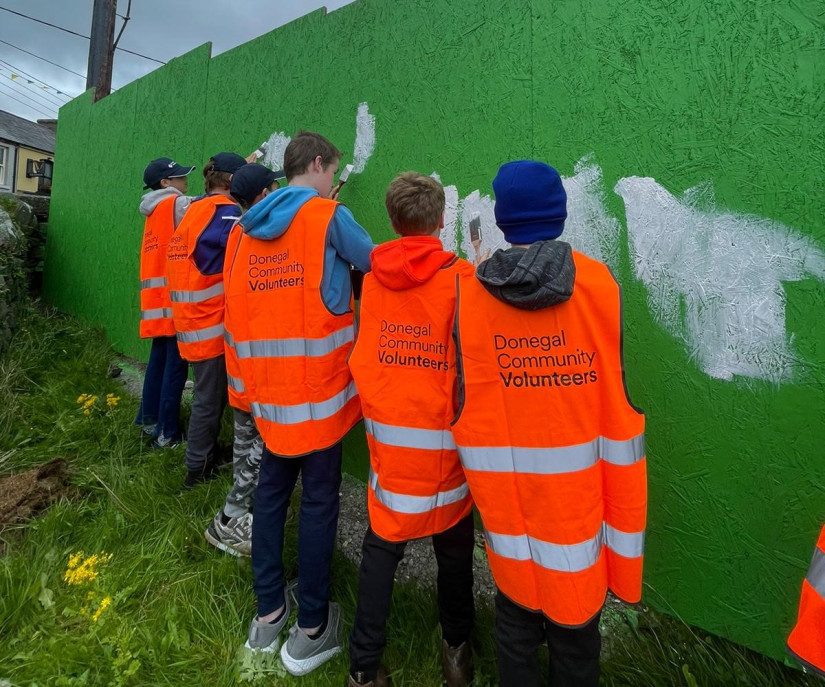Census data released today shows the importance of engaging a diverse group of volunteers reflective of our communities and creating more flexible ways for people to volunteer.
In Donegal, 14% of the county’s population or almost 22,800 people were volunteering in their community and various organisations in April 2022. Of these there were 11,181 females and 11,600 males volunteering.
The most popular voluntary activity was in a sporting organisation, where just over 8,800 Donegal people were volunteering. More than 7,800 people volunteered in their community while nearly 6,100 were involved in social or charitable organisations. Just over 4,600 people were volunteering in a religious or church group while there were 563 volunteers in political organisations. Almost 3,900 people were volunteering in more than one group or activity.
Looking at broad age groups, the largest group of volunteers was among people aged 45-64 where there were 9,077 people volunteering. A further 6,198 people aged 25-44 were also involved in voluntary activities. There were 4,267 volunteers aged 65 and over. More than 1,000 children (under 15 years old) and just over 2,200 people aged 15-24 were volunteering.
Nationally, the data shows that volunteering levels are similar across ethnic groups, with 14.8% of those with a white background volunteering and 15.8% of ethnic minorities volunteering. While the Census data doesn’t distinguish between Irish ethnic minorities and ethnic minority migrants, we know that volunteering plays a huge role in integration of new arrivals.
John Curran, Donegal Volunteer Centre Manager, commented, “We see high levels of interest in volunteering from new people arriving in Donegal, for example people seeking protection and Ukrainians. Through volunteering, people can become active members of their new community, make friends, learn English and build their own local network. It’s important to remember that people making Ireland their home make a huge contribution to our communities.
We know that many organisations are currently struggling to recruit volunteers and we’d encourage them to ensure that their volunteer programmes are open and inclusive to all members of the community. Small changes can make a big difference to attracting diverse volunteers. For example, covering a volunteer’s bus fare to travel to the organisation can make it possible someone who is unemployed or living in direct provision to volunteer.”
The data also shows that almost 25% of people who work from home for some part of the week volunteer. Time is often identified as the most common reason people don’t volunteer and this data indicates that people who have more time are more likely to volunteer.
However, it’s important to note that not all volunteer roles demand huge time commitments.
John added “volunteering has changed a lot over the last 5 to 10 years. There are more ways to volunteer than ever before including shorter, more flexible roles. We’d encourage people to think about what time they have spare and even if it’s only an hour a week or a few days here and there, you’d be surprised at what’s available.
Similarly, we encourage organisations to think about the roles they have and how they can make them more attractive to volunteers while still making a meaningful contribution to the organisation. Although it’s not possible for every role, we work with organisations to help them break down their roles into shorter, more task-based opportunities.”
Overall, the data showed consistent levels of volunteering in Ireland. When compared with similar data from the 2006 Census, the level of volunteering among those over the age of 15 is similar. The data also confirmed trends seen across Ireland in recent years with sport being the most popular activity and those over the age of 45 being more likely to volunteer.










